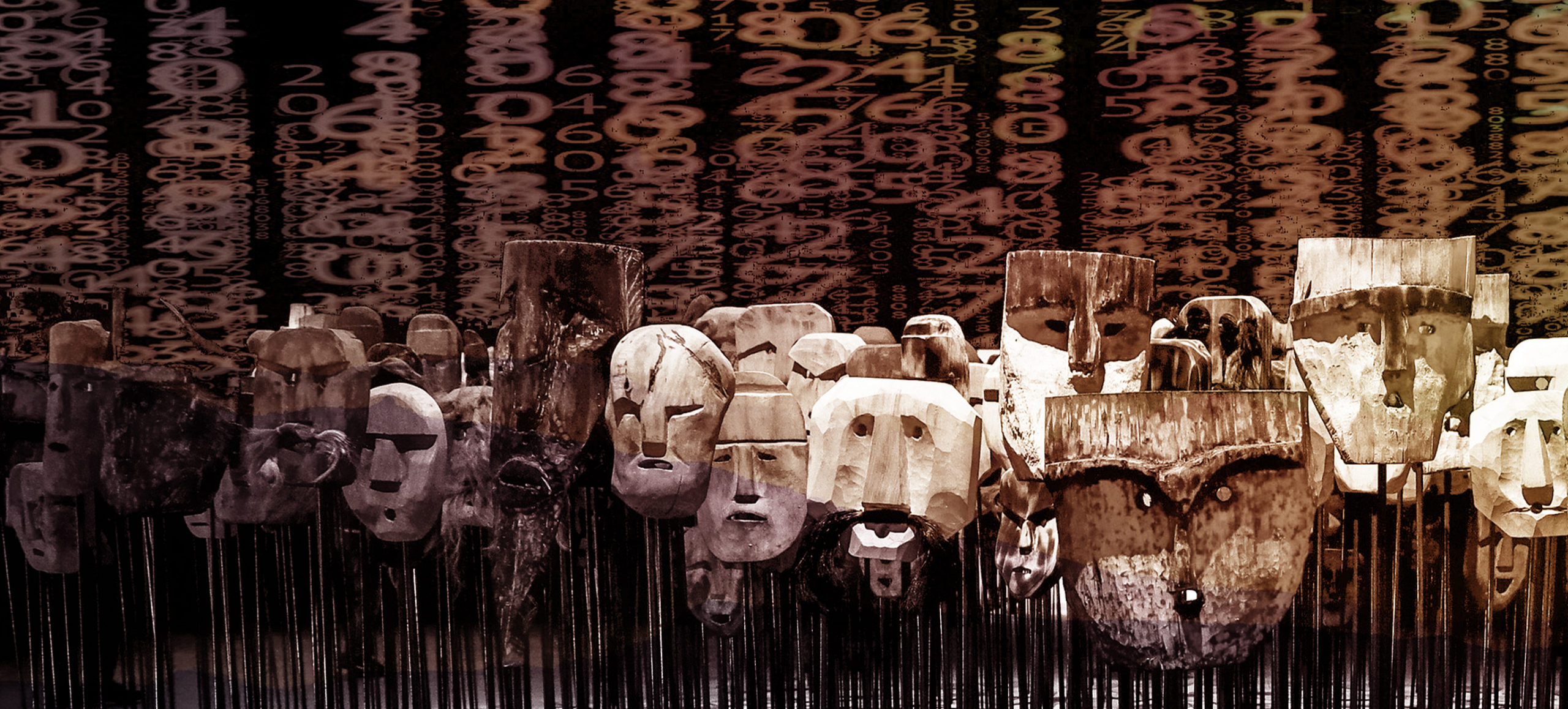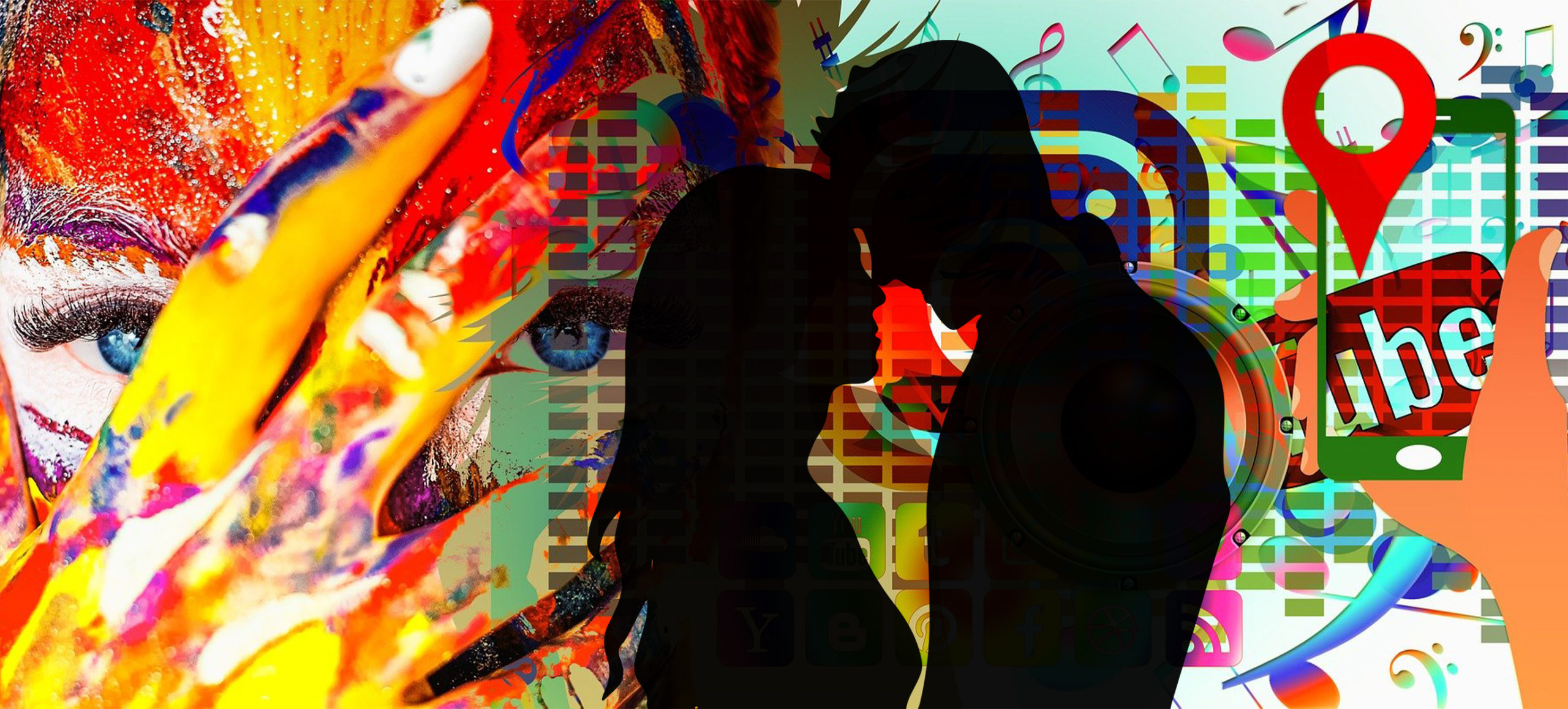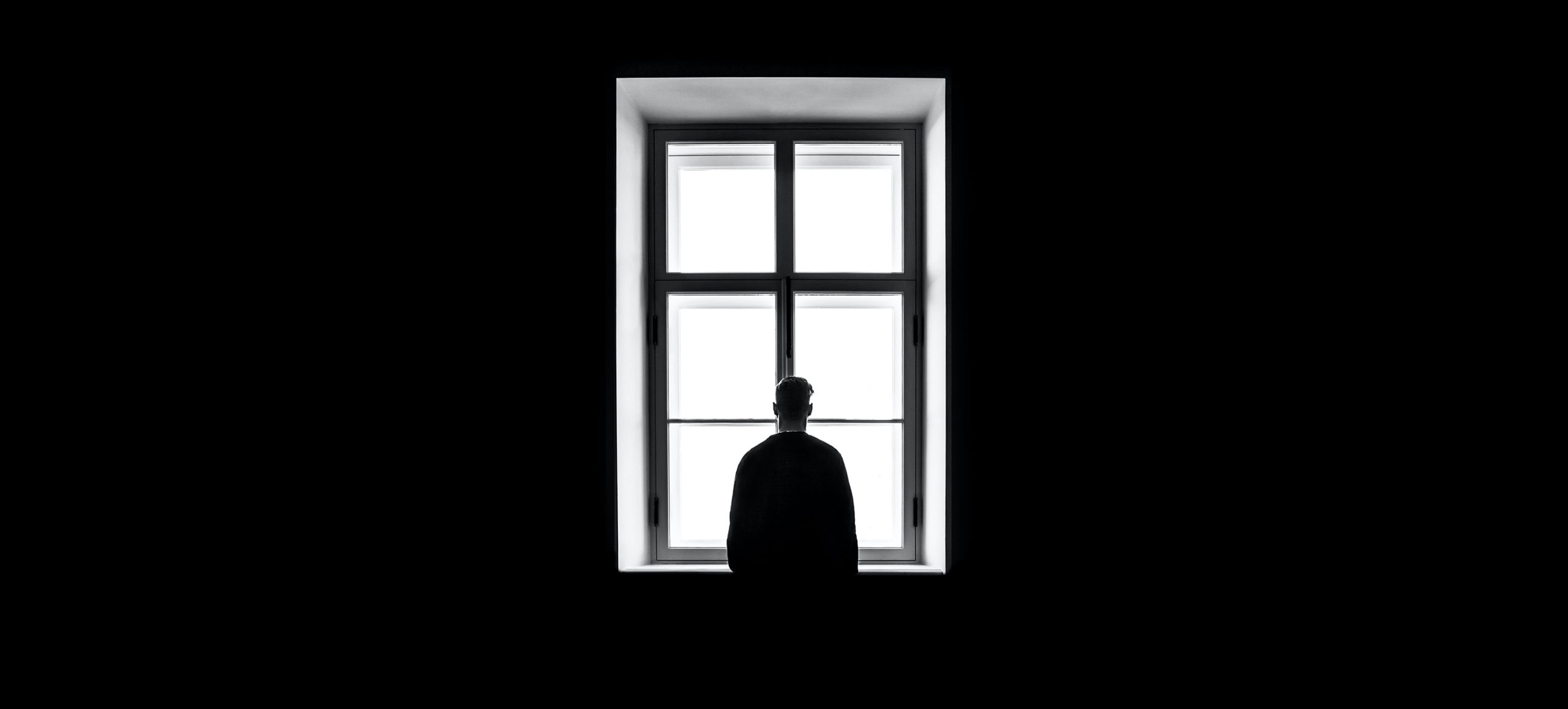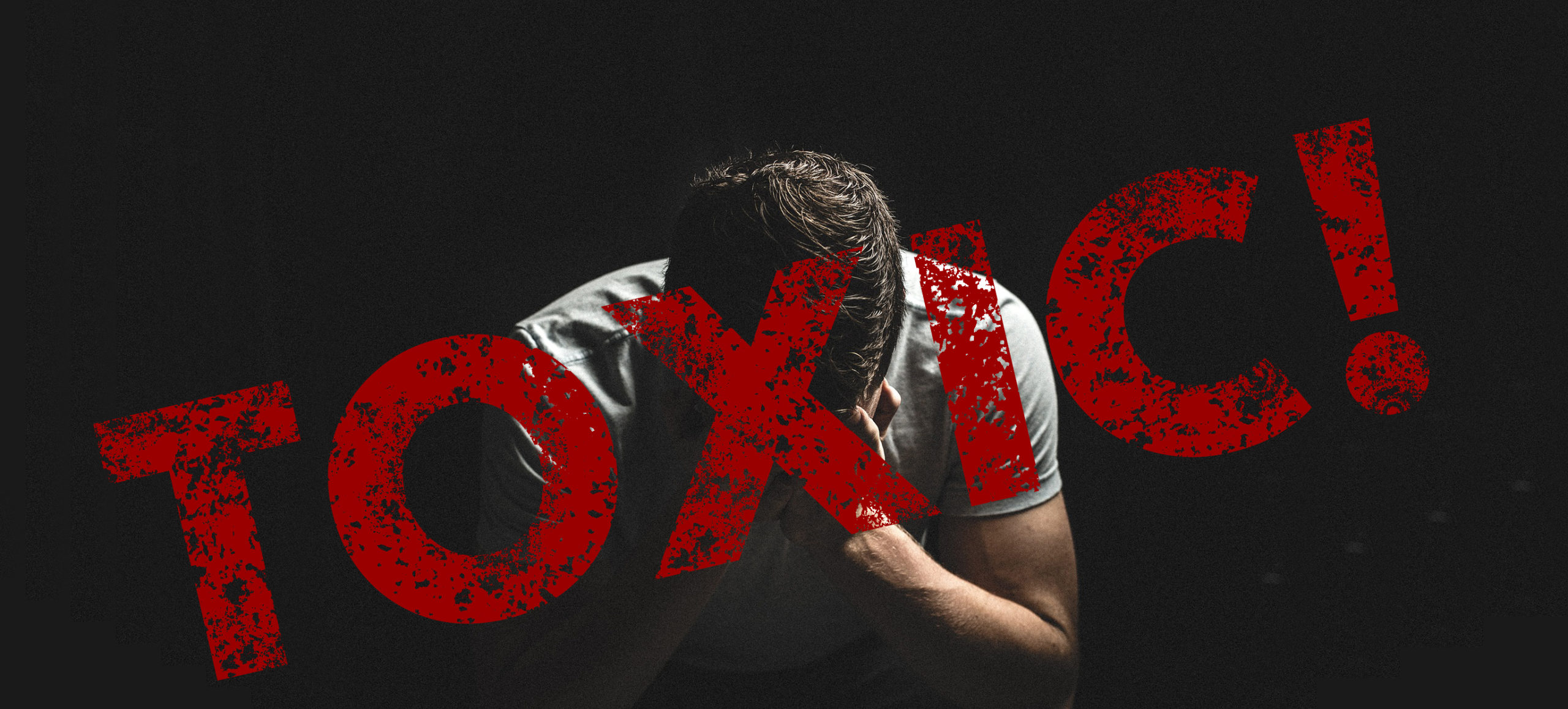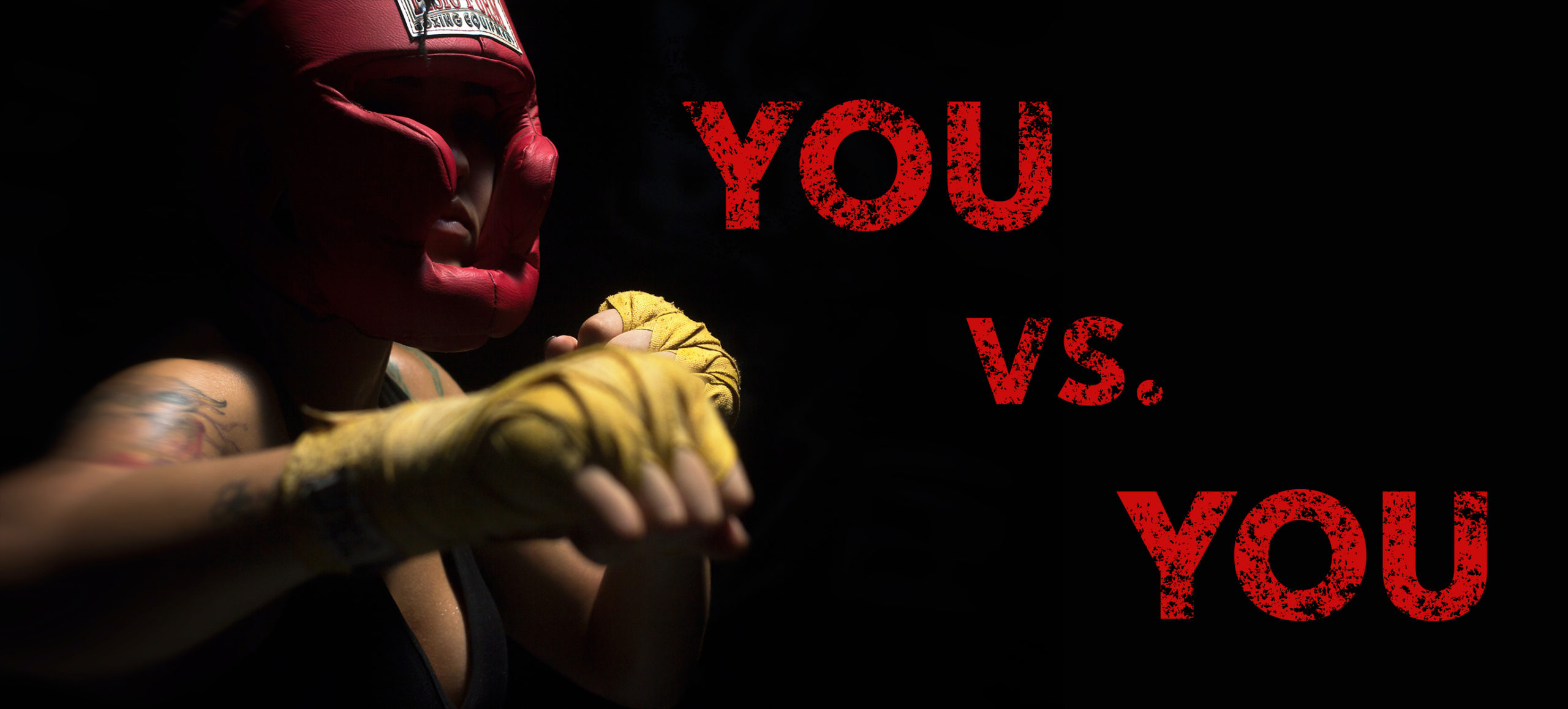
Over the course of our lives, we become masters in talking ourselves out of things. Things we dream of, desire, things we wish we could experience and various opportunities we wish we could explore. They begin as innocent ideas in our minds that we simply let pass by with no real meaningful reason as to why.
More often than not, there is nothing standing between you and the things you want to try and/or do but your own self doubts and fears. It’s all in your mind.
As simple as it sounds, and as cliche as it is, it’s true. The mind can be your greatest friend or your worst enemy. It’s up to you to train it and teach it how to treat you.
To keep yourself in check is an important character trait we need to master in order to maintain our focus on the significant things in our lives. Weighing the pros and cons of specific decisions is a skill every one of us needs to learn if we want to achieve our goals. This is a disciplined skill that comes with work and work ethic. But at times, these practical skills in reasoning and weighing out consequences in the logical sense can be the exact thing that is holding you back from actually doing.
THERE IS SUCH A THING AS OVERTHINKING. AND THINKING YOURSELF OUT OF THINGS CAN HINDER YOU MORE THAN HELP YOU WHEN IT COMES TO EXPERIENCING LIFE.
Think about it. Have you ever talked yourself out of doing something you really wanted to do? Maybe a project you would have loved to pursue, a hobby you were interested in?
Something you’ve always wanted to try?
But then you thought about it and your mind decided you were just too old, not experienced enough, it was too late to start now, you didn’t have the resources, it wasn’t realistic enough, and many other reasons that seemed quite logical and rational and completely deadening to any part of your curious spirit.
But what if, maybe, you’d given up before you even gave yourself the chance to explore the possibility that none of those things in your mind were true?
What’s holding you back from living your life to your true potential is exactly these things.
The often unconscious fear of not being good enough. The fear of failing. The fear of not being able to meet the standards you’ve set for yourself.
How many opportunities have you missed because you’ve adhered to these fears? How much regret have you accrued because of this? How are these fears continuing to restrict and restrain you in your everyday life?
By giving into these fears, you are effectively disconnecting from your personal power – the one thing that can and will drive you forward in life. The inner flame that will propel you forward and toward the things you really want. By dismissing this, you’re cutting yourself off from the opportunity to grow through new and untapped experiences. You’re denying yourself the possibility to explore your passions, your curiosities that can contribute to your evolution as a person as well as inadvertently impact the life of your loved ones through your personal growth.
WHEN YOU ALLOW YOURSELF TO BE FREE AND CONNECT TO YOUR PASSION, YOUR PERSONAL POWER, YOU INSPIRE THE PEOPLE IN YOUR LIFE TO DO THE SAME.
With an unchecked mind, we all have the tendency to give up or not even try, out of fear of not being good enough. It can stem from a number of things – insecurity, self-doubt, past failures, trauma, a deep emotional wound. Ultimately and at its root, it’s a disconnect from your own personal power.
If you catch yourself in the process of talking yourself out of things you actually really want to pursue – stop for a moment and ask yourself, why you might be doing this. Check your awareness of what you’re doing and why. Differentiate if the reasons “why you can’t” do it are actually valid or if they are just an excuse for you to not face a situation that may be uncomfortable or awkward. Typically, this brief discomfort lasts only for a few minutes at most, if any.
And in most cases, it just might be worth the discomfort to give it a try. You may just discover some things about yourself you did not know before. Through the process, you might just surprise yourself and actually enjoy the experience, even if it’s nothing like you had imagined. The unpredictability of trying and learning new things is where the magic is. It’s where you learn and grow.
At the end of the day, we do not regret the majority of the things we’ve done, but the things we have not done or did not try.
By overcoming your fears and tapping into your personal power you’ll empower the people around you to do the same. Share this experience with your family and loved ones and you’ll be astonished at how fast your life can change for the better.
If you want to know more about this topic, check out my program Self-Empowerment through Purpose or contact me directly via email at [email protected].
Respectfully,
Orlando Owen

